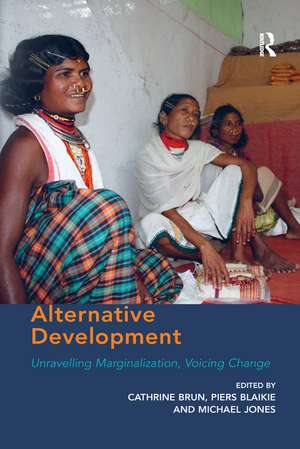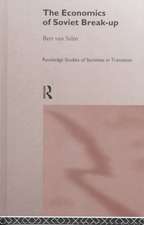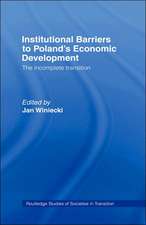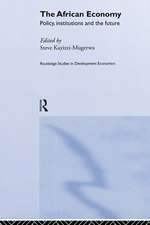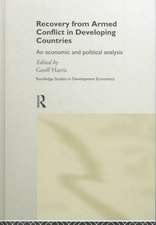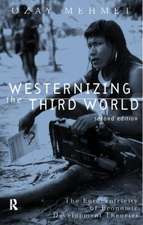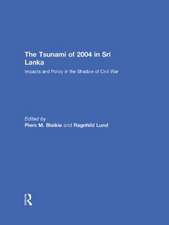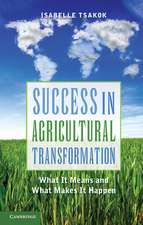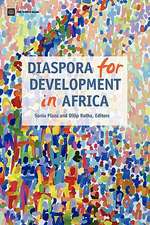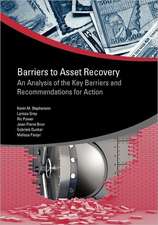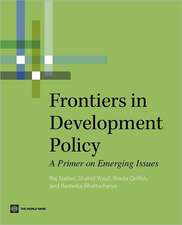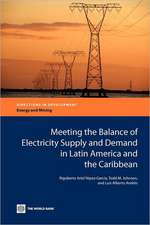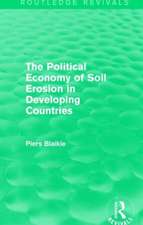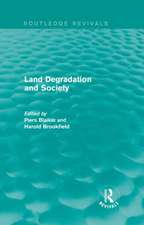Alternative Development: Unravelling Marginalization, Voicing Change
Autor Cathrine Brun, Piers Blaikieen Limba Engleză Paperback – 11 noi 2016
| Toate formatele și edițiile | Preț | Express |
|---|---|---|
| Paperback (1) | 469.34 lei 6-8 săpt. | |
| Taylor & Francis – 11 noi 2016 | 469.34 lei 6-8 săpt. | |
| Hardback (1) | 1063.41 lei 6-8 săpt. | |
| Taylor & Francis – 28 ian 2014 | 1063.41 lei 6-8 săpt. |
Preț: 469.34 lei
Nou
Puncte Express: 704
Preț estimativ în valută:
89.80€ • 93.77$ • 74.16£
89.80€ • 93.77$ • 74.16£
Carte tipărită la comandă
Livrare economică 15-29 aprilie
Preluare comenzi: 021 569.72.76
Specificații
ISBN-13: 9781138257047
ISBN-10: 1138257044
Pagini: 374
Dimensiuni: 156 x 234 mm
Greutate: 0.45 kg
Ediția:1
Editura: Taylor & Francis
Colecția Routledge
Locul publicării:Oxford, United Kingdom
ISBN-10: 1138257044
Pagini: 374
Dimensiuni: 156 x 234 mm
Greutate: 0.45 kg
Ediția:1
Editura: Taylor & Francis
Colecția Routledge
Locul publicării:Oxford, United Kingdom
Notă biografică
Cathrine Brun and Michael Jones are both at the Norwegian University of Science and Technology, Norway and Piers Blaikie is Professor Emeritus of the University of East Anglia, UK.
Recenzii
’A refreshing exploration of alternative approaches to development, including bottom-up initiatives and a consideration of the intersections of marginalization, globalization and participation. Anyone interested in bridging the gap between development policy and practice will not be disappointed with this timely and thought-provoking collection.’ Samantha Punch, University of Stirling, UK
Cuprins
List of Figures and Tables, List of Contributors, Preface, 1 Introduction. Alternative Development: Unravelling Marginalization, Voicing Change, Part I: Knowledge, Policy and Practice of Development, Part II: Alternative Geographies of Gender and Development, Part III: Human–Environment Relations, Environmental Discourses and Development, Part IV: On the Margins: Conflict, Migration and Development, PART V: Conclusion, Index
Descriere
This book discusses alternative development and its relevance for local/global processes of marginalization and change in the Global South. It questions who the producers of development knowledges and practices are, and aims at decentring development and geographical knowledge from the Anglo-American centre and the Global North. The main strength of the book is that it calls for a central role for alternative development in the current development discourse, most notably related to justice, rights, globalization, forced migration, conflict and climate change.
